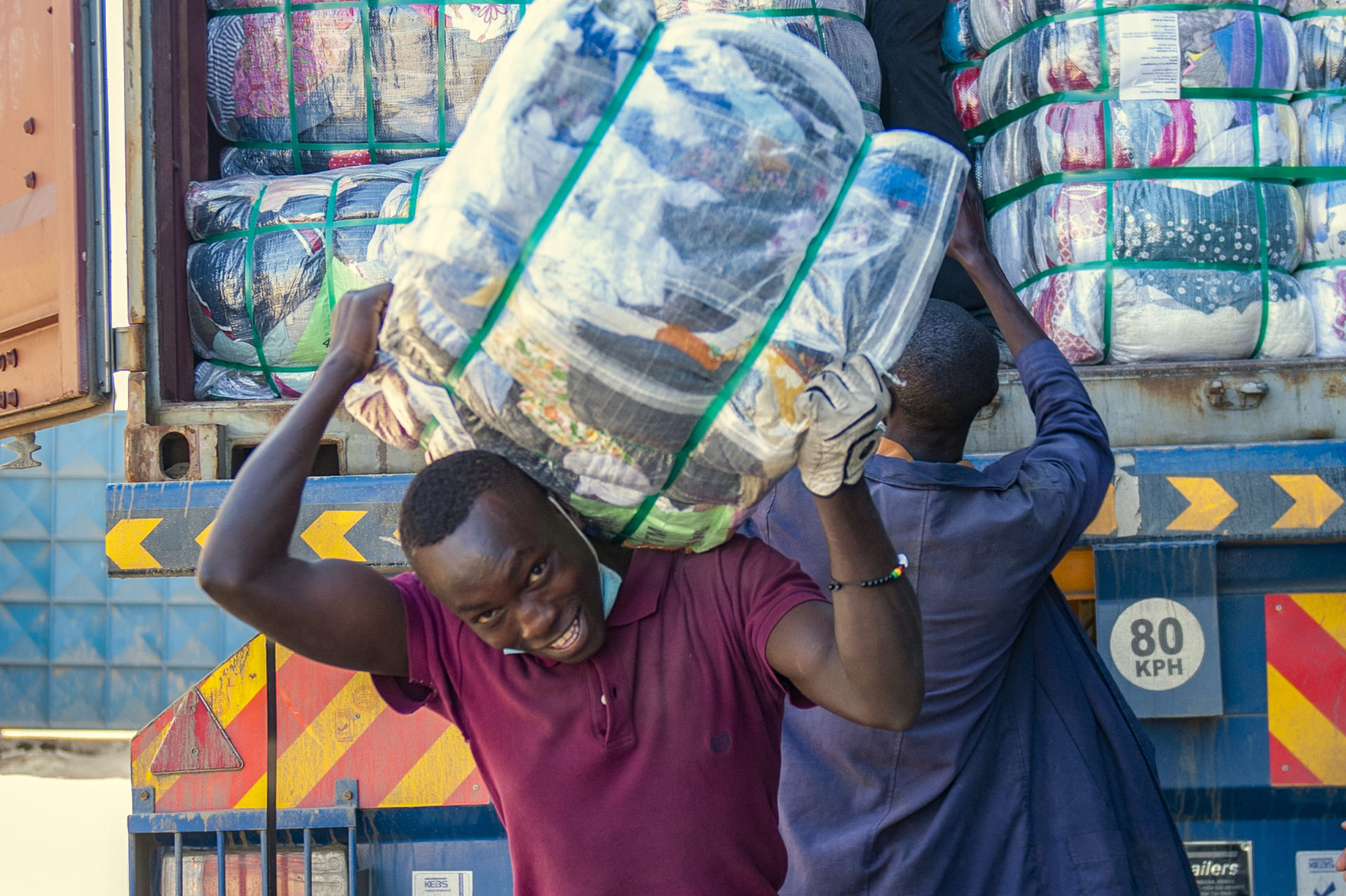News Details
-
MCAK > Latest News > Business > Mitumba not a threat to Kenya’s domestic textile industry: report
11Mar 2021
Mitumba not a threat to Kenya’s domestic textile industry: report

Kenyans spend more on new clothes than used ones, according to a report by the Institute of Economic Affairs (IEA) that revealed shows 91.5 per cent of households spend less than Sh1,000 on second-hand clothes, commonly known as mitumba, compared to 74.5 per cent who spend on new clothes and shoes. This dispels concerns that the domestic textile industry is under threat.
The ‘State of Second-Hand Clothes and Footwear Trade in Kenya’ report found a paltry 8.5 per cent spend more than Sh1,000 on second-hand clothes and shoes, indicating the value of money going to mitumba remains low compared to new clothes.
About 25.5 per cent of households spend more than Sh1,000 on new clothes, placing spending on new merchandise higher than second-hand products.
The think tank put the average spending on new clothes per household at Sh450 compared to Sh280 for mitumba, which is common with poor households, according to Kneyan media reports.
“People are spending more money on new purchases than mitumba and there is no evidence that the mitumba’s are affecting the local textile industry. Banning mitumbas is simply telling poorer people that they have no choices for clothing,” said Kwame Owino, IEA chief executive.
Kenya has a long history of the sustained demand for used clothing and footwear items mainly by rural households and lower- income earners, with mitumbas facing bans and restrictions over the years.
China is Kenya’s the top import source for mitumbas according to the United Nations, followed by Pakistan, Canada, the United Kingdom, the United States, Poland, the United Arab Emirates, Germany, India and South Korea.
Other markets are Oman, Australia, Netherlands, Hungary, Malaysia, Italy, Lithuania, Ireland, Belgium and Hong Kong.
The Mitumba Consortium Association of Kenya (MCAK) recently called for legislative and government support for the industry, arguing that it is a key job creator and revenue generator to the exchequer.
Kenya imported 185,000 tonnes of second-hand clothing in 2019, equivalent to an approximately 8,000 containers.
